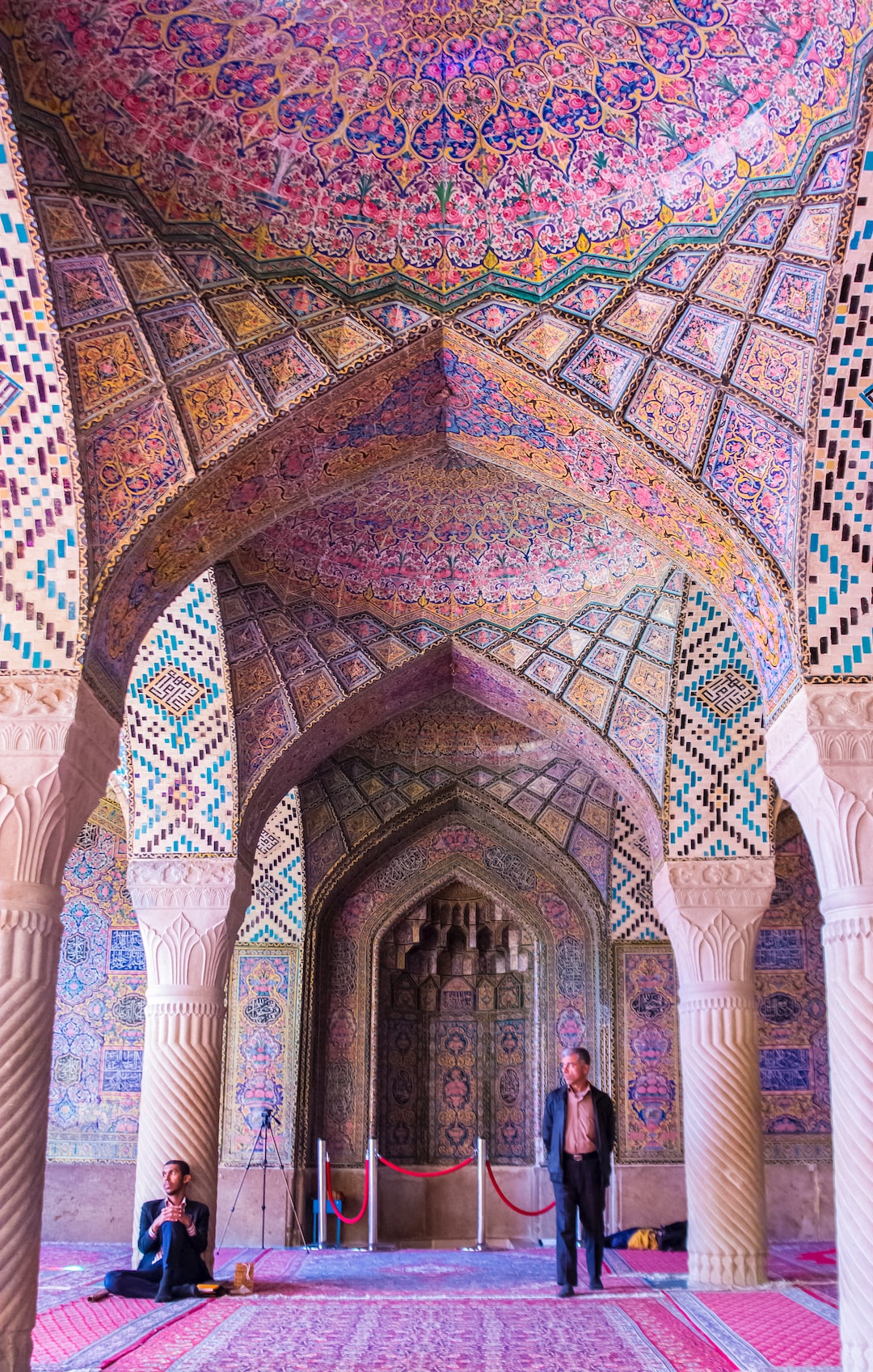The Role of Religious Leaders in Shaping Belief Systems
Religion has been a significant aspect of human civilization since ancient times. It serves as a source of solace, moral guidance, and a framework for understanding the complexities of life. At the heart of every religious tradition are the leaders who help shape and cultivate the belief systems of their followers. These religious leaders play a crucial role in shaping the belief systems of individuals and communities, ultimately shaping the societies we live in.
One of the primary responsibilities of religious leaders is to interpret and teach sacred texts. Religious texts often contain profound wisdom and guiding principles that followers rely on for moral direction. It is the role of religious leaders to study these texts diligently, gaining a deep understanding of their teachings, and then translate them into relatable and practical messages.
For example, in Christianity, priests and pastors guide their congregations by carefully interpreting passages from the Bible. They provide insights into the historical context, the intended meaning, and the practical application of these teachings to their followers’ everyday lives. By doing so, religious leaders help individuals navigate moral dilemmas, societal issues, and personal struggles, providing a framework for building a strong belief system.
Moreover, religious leaders act as intermediaries between their followers and the divine. They provide guidance, support, and counseling to individuals seeking spiritual fulfillment or facing challenges in their lives. In times of grief, loss, or confusion, religious leaders offer solace and a listening ear, helping individuals find meaning and purpose in their suffering. Through their spiritual guidance, these religious leaders foster a connection between their believers and the divine, shaping their understanding of the world and their place within it.
Additionally, religious leaders foster a sense of community and belonging among their followers. They create spaces where individuals can come together, worship, and engage in religious practices as a collective. These spaces serve not only as venues for religious rituals but also as platforms for fostering a sense of camaraderie, support, and shared experiences. Through community engagement, religious leaders mold the belief systems of their followers by facilitating a sense of belonging, strengthening faith, and promoting the values and principles of their religious tradition.
Religious leaders also play a pivotal role in advocating for social change and justice. Throughout history, religious leaders have stood up against social injustices, championing the rights of marginalized communities and fighting for equality. Their influence and moral authority enable them to shape public opinion, challenge oppressive systems, and guide societies towards a more just and inclusive future. Through their teachings, religious leaders shape the belief systems of their followers, instilling a sense of compassion, empathy, and justice in their hearts.
However, it is also essential to recognize that the influence of religious leaders can have both positive and negative consequences. While some leaders use their position to promote peace, harmony, and tolerance, others may utilize their power to propagate extremist ideologies, incite violence, and foster division. It is crucial to hold religious leaders accountable for their actions and ensure that their teachings align with the values of compassion, empathy, and respect for human dignity.
In conclusion, religious leaders hold a vital role in shaping belief systems within their respective traditions. Through their interpretation and teachings of sacred texts, spiritual guidance, community-building efforts, and advocacy for social change, religious leaders have a profound impact on individuals and societies. It is crucial to recognize and appreciate the positive influence these leaders can have while also exercising vigilance in identifying and addressing any potential misuse of power. By understanding the role of religious leaders in shaping belief systems, we can gain a deeper appreciation for the role religion plays in shaping our shared human experience.
